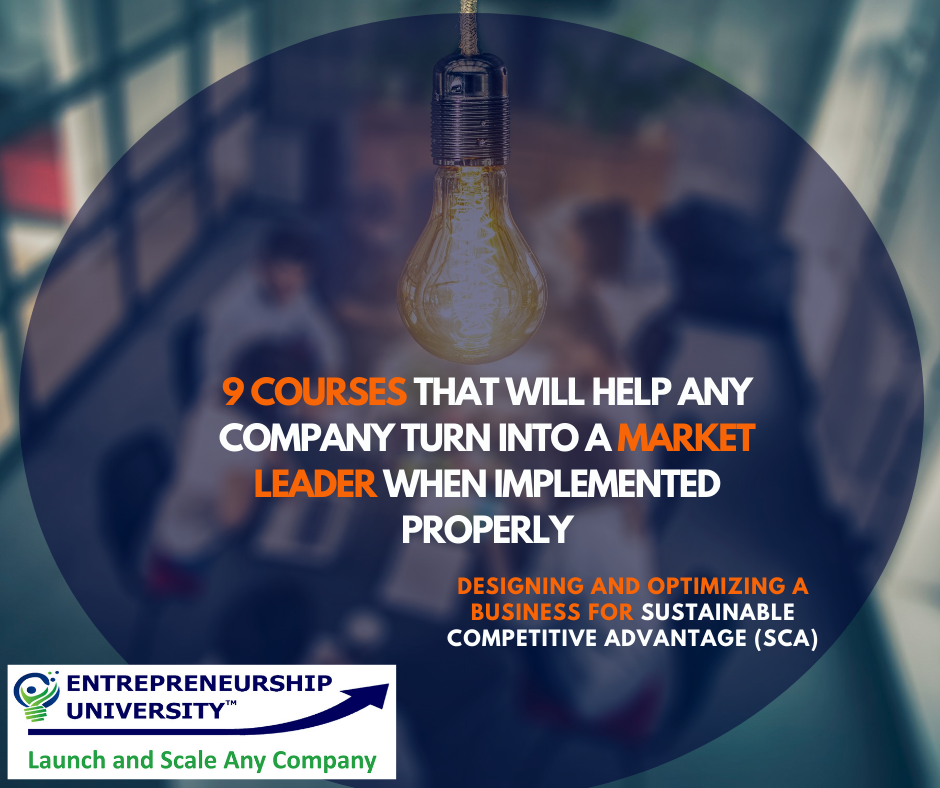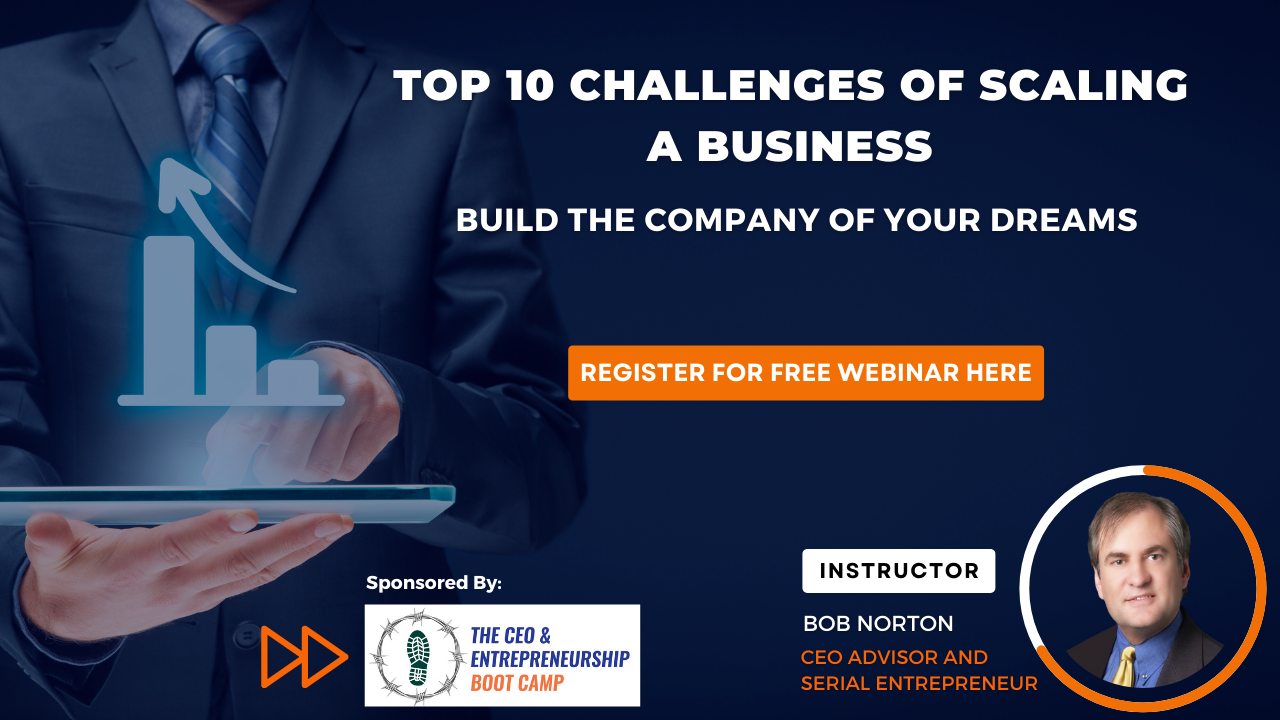How Do I Start My Own Business From an Idea?

Well, I think the question is the wrong one to ask, really. It trivializes entrepreneurship. Would you ask, “How do I do my first brain operation?” Or “how do I play Carnegie Hall? Nope! The question should be what do I do to prepare to launch a startup?
First understand that ideas are literally worthless. The press promoting the concept that an "idea is worth millions" is a problem. Building a company takes many things, and the person with only an “idea” has no chance. It is typically a 3 to 5 year to turn an idea into a business. And that process will require hundreds of ideas, maybe thousands, and many skills on a team.
The truth is, there are hundreds of things you should do and learn before you even think and launching a company. Pretending it is one is ridiculous. And that is why over 85% of new companies fail. The number one reason for failure is underestimating the skills, time, money and team needed.
When I launched HomeView, the world’s first HD virtual touring company for residential real estate in 1989 I had been preparing myself to be CEO for over a decade. Not to launch that idea, but to be a better Entrepreneur. I had four businesses before I left high school, including a direct mail order company that manufactured and shipped antennas for ham radio operators. Decades before Amazon FBA.
Starting a company is one of the hardest things you will ever do, and you need to prepare for years. Research shows strong correlation with age (really experience, of course) and success. It is best to learn from others first to be a good manager at least. It is best to work in both a large company for the training you can get and understanding of bureaucracy. And in a small company for another stint of a few years at least, to understand the other end of the spectrum too.
When I started HomeView I had been managing people professionally for about 5 years. It was barely enough. I had already launched nine software related products in some form. And was on teams learning from very senior, experienced people for four of these where I was not in charge. Five that I was 100% responsible for developing (software) at Thomson-Reuters where I ran the skunkworks as VP of Engineering and CTO. I was 29 years old and usually put in sixty-hour weeks for my employer, plus I was consulting on the side too. It was barely enough experience to found a serious company.

To learn more, click here
Entrepreneurship is both art and science. It cannot be learned in a classroom alone. It takes years of study and practice managing people to get good at. And you must understand marketing, sales, finance and customer service (operations) some too. Even deep product development (getting and idea to market) is insufficient. You and your founders should have covered all these areas with five plus years, or have a part-time team member that can. Domain (industry) experience is critical, but marketing, strategy, people selection and management are critical arts to understand for success. Market research and competitive intelligence to design a market entry strategy that is 100% differentiated is the first hurdle. Without this, your chances of success are low indeed. Even with a unique product, it will not be long before other copy you and apply ten times or even a hundred times the resources to sales and marketing and crush you. Therefore, you need to design "barriers to entry" as well. Which may be intellectual property protections, extra time building a lead in stealth mode (as Apple always does) or some kind of lock on distribution before others can copy your product or service.
The battle of a startup is getting distribution before incumbents get the same innovation. This can be a one-year window, a minimum if you have capital and a good lead you can maintain, or ideally two to three years when you are working on generation two and three while they are still working on the original version you began with for market entry. Typically, a market entry strategy should have three steps and be planned over three to five years.
Technically, Entrepreneurship is doing something NEW! Not starting a new dry cleaner or copying any other model. It is assembling resources (people, money, assets and processes) to produce value for others that exceeds the value input so that a nice profit is possible. This means a gross margin of at least 50%. Only when there is a profit can the company grow, develop new products and services and have a large impact.
Now, I hate to be the first person to tell you this, but you also need to read at least 50 good books on business. The Lean Startup is a good start, Good To Great, Competitive Advantage and Crossing The Chasm are all must read.
Just learning strategy takes years and some may never succeed because they lack the abstract thinking ability to see a future in the context of the present and adding new technology, processes or business models. Virtually all highly successful entrepreneurs see a vision of the future they are building for that others do not see yet.
I have trained thousands of CEOs and entrepreneurs at The CEO & Entrepreneur Boot Camps I have run since 2004. And we just launched Entrepreneurship University(TM) with bundles of courses from the 40 key courses taught there. Some bundles are about each stage of development of a startup, like "The First 100 Days" package. See www.EntrepreneurshipU.com.
If you are serious, and by that I mean dedicated and willing to invest the years of long hours it always takes to build a business, not the silly dream you will become a millionaire by next years, then attend The CEO Boot Camp (www.CEOBootCamp.us) and plan on acquiring many skills over five to ten years before founding a company. If you look closely, every successful entrepreneur did this first. Anyone that says otherwise never did it.
Here is a list of skills, really mostly arts, needed on a TEAM to build a successful company:
I have created a 3-part video course reviewing these skills in more detail called The Entrepreneur's Journey here. It is just 66 minutes but will open your eyes to the skills you need to learn, and assemble on a team, to build a significant company. Now I am not talking about being a solopreneur like selling products on Amazon, consulting or coaching. These are not big business opportunities, and are good ways to learn. However, if you start doing this, you likely give up the opportunity to get mentors and learn from others. So, learn on someone else's nickel first. A home business or single unit retail company is much easier, but you will still need all these skills to scale it later if you want to generate real impact and wealth.
Download my free eBook The Top 20 Reasons Startups Fail - And How to Avoid Them here.
Join Live Webinar on 12th April 2022
Bob Norton is a long-time Serial Entrepreneur and CEO with four exits that returned over $1 billion to investors. He has trained, coached and advised over 1,000 CEOs since 2002. And is Founder of The CEO Boot Camp™ and Entrepreneurship University™. Mr. Norton works with companies to triple their chances of success in launching new companies and products. And helps established companies scale faster using the six AirTight Management™ systems. And helps companies successfully raise capital.
Call (619) SCALE06 or email [email protected] for a complementary strategic consultation.


